
A Shared History of Advancing Health Equity
History
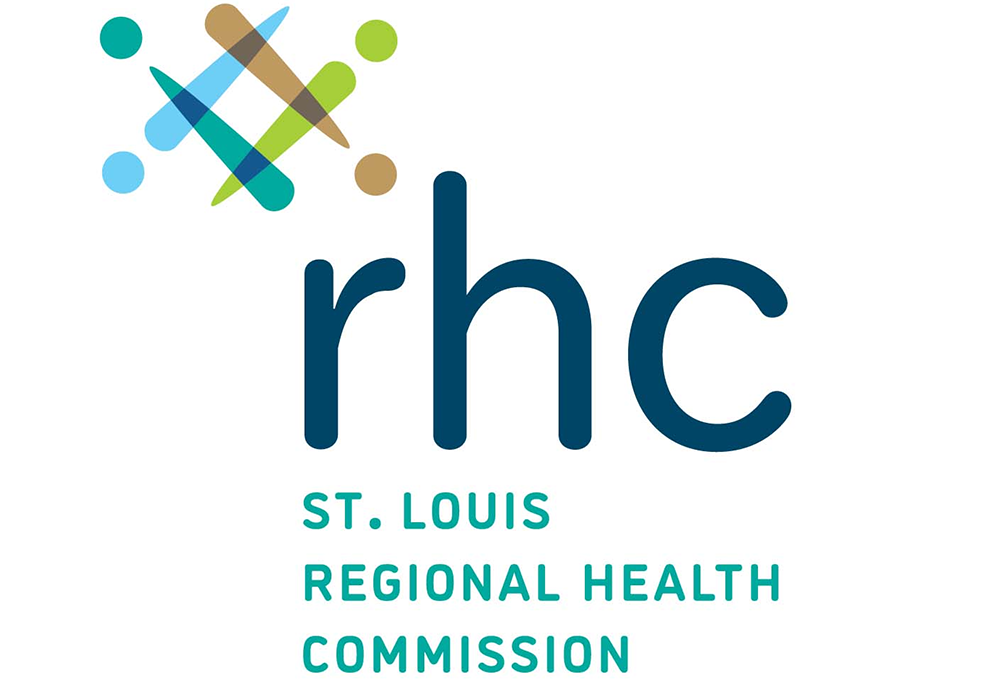
Protecting Access
The St. Louis Regional Health Commission (RHC) was established in 2001 in response to a growing healthcare crisis following the closure of public hospitals in St. Louis, leaving thousands without access to essential care. To protect the region’s healthcare safety net, RHC partnered with the State of Missouri in 2002 to implement the “St. Louis Model,” directing Disproportionate Share Hospital (DSH) funds to hospitals and community health centers.
This effort evolved into the Gateway to Better Health program in 2010, providing coverage for tens of thousands of low-income, uninsured residents until Missouri’s Medicaid expansion in 2022.
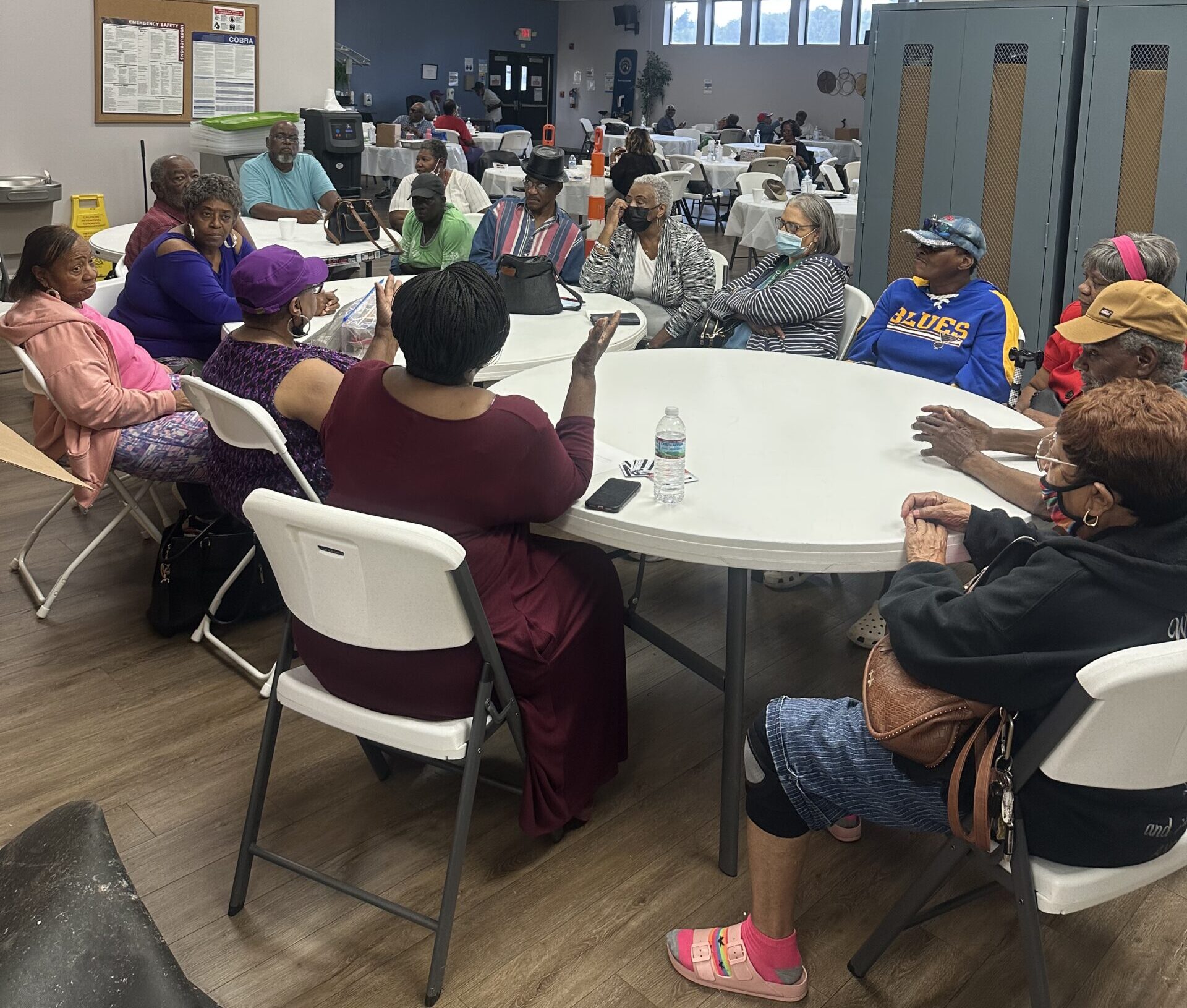
Incubating Lasting Health Initiatives
Over the years, RHC also led initiatives to enhance care coordination, improve health literacy, and transform behavioral health services across the St. Louis region, helping establish organizations such as Health Literacy Media, the St. Louis Integrated Health Network, and the Behavioral Health Network of Greater St. Louis.
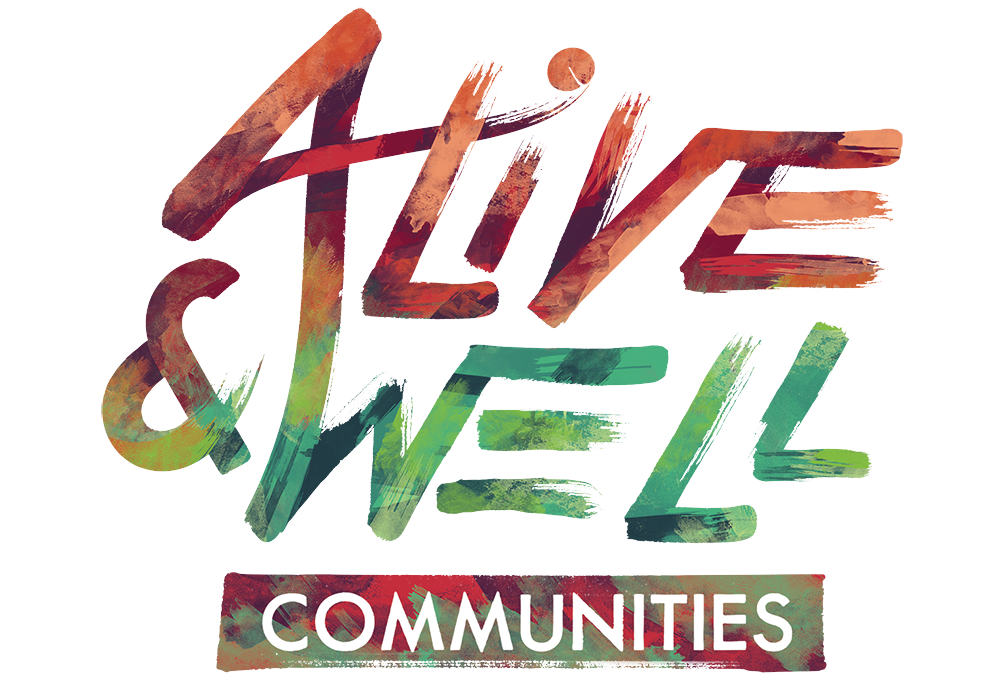
Alive & Well Communities
Recognizing the deep connection between trauma and health outcomes, RHC launched a public awareness campaign in 2014 to highlight the severe, long-term impacts of toxic stress. This movement reframed the conversation from “What’s wrong with you?” to “What’s happened to you?” and gained traction through key media partnerships, community engagement, and extensive training sessions. Around the same time, a similar effort—Trauma Matters KC—was underway in Kansas City, mobilizing community leaders to build a trauma-informed, resilient region. In 2017, these two efforts merged to form Alive and Well Communities (AWC), an independent nonprofit dedicated to addressing trauma and toxic stress in Missouri and Kansas through education, advocacy, and systemic change.
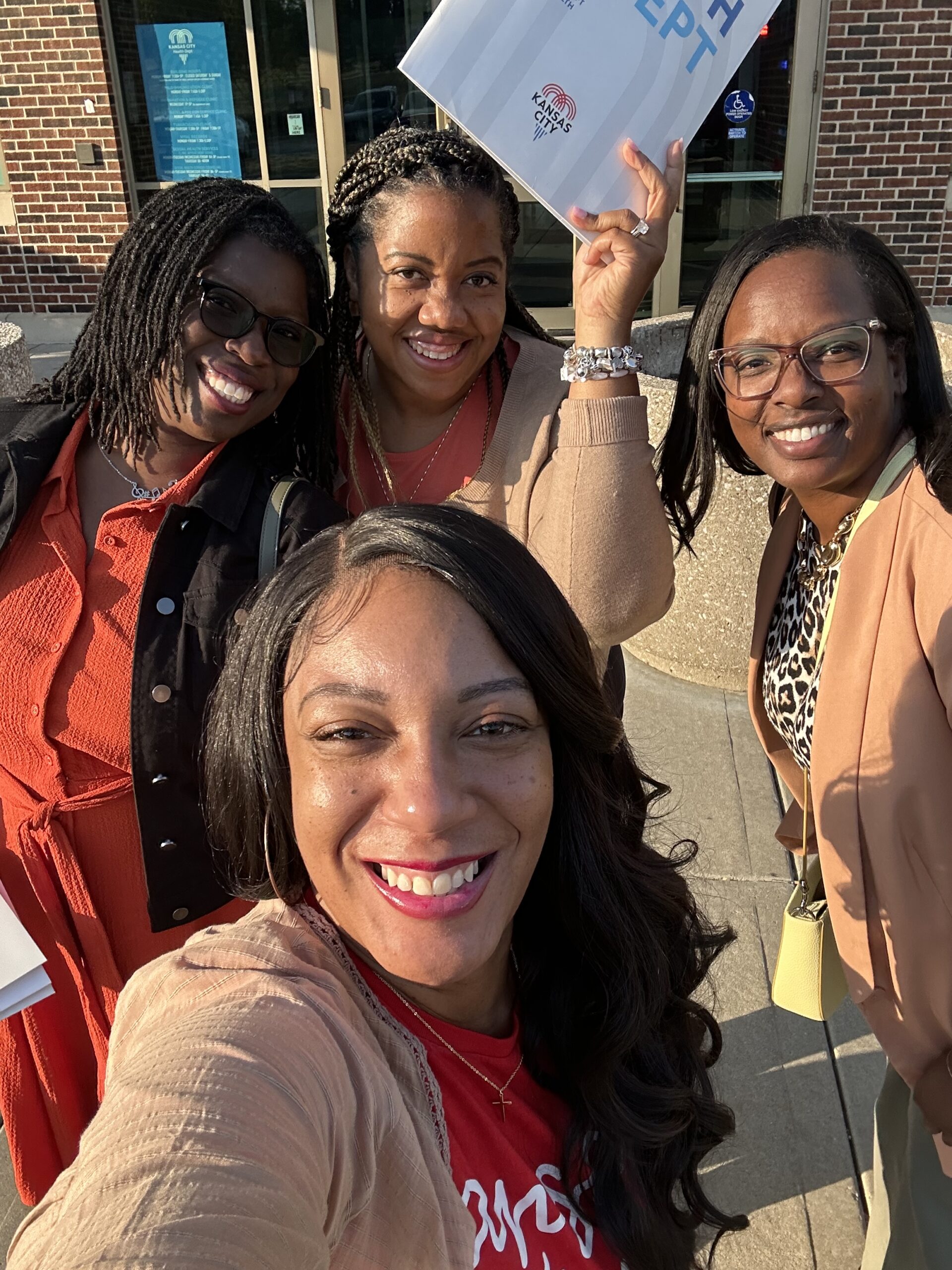
A Collaboration to Achieve Health Equity
Missouri’s expansion of Medicaid via constitutional amendment in August 2020 marked a significant milestone in increasing healthcare access. However, when the Gateway to Better Health program sunset, RHC asked a critical question: What does true access to care look like beyond insurance coverage? Simply having insurance does not guarantee that healthcare is affordable, available, accommodating, acceptable, or equitable—nor does it address the deep-rooted inequities that impact health outcomes. Achieving health equity requires tackling the broader systemic and social factors that shape well-being, from education and employment to policy, housing, and research.
Recognizing this need for a more holistic approach, on March 16, 2023, RHC and Alive and Well Communities (AWC) formalized their collaboration, with AWC becoming a subsidiary of RHC. This partnership aligned with RHC’s strategic vision of achieving zero health disparities by driving systems-level change led by the communities most affected by inequities.
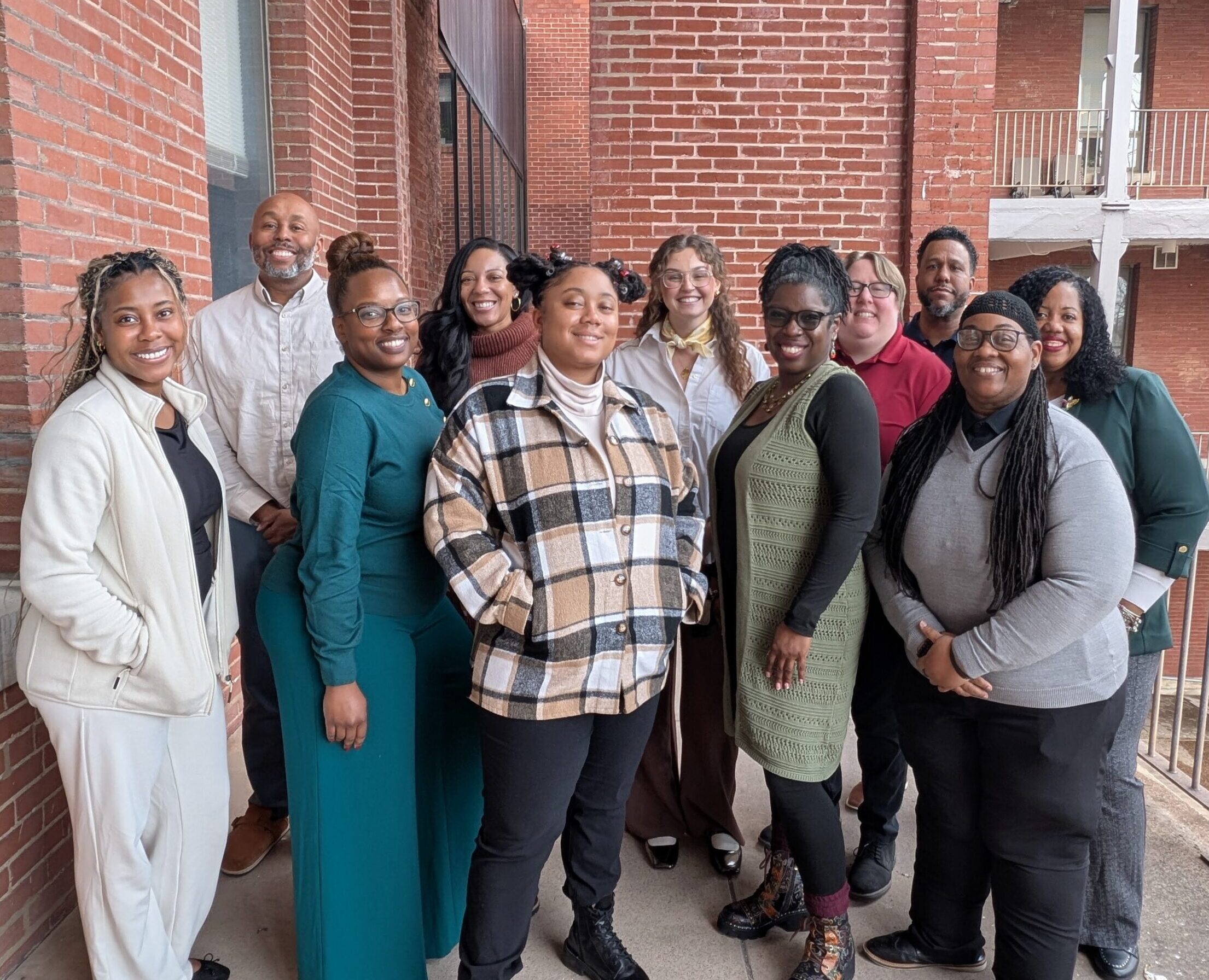
On July 17, 2024, the merged entity was officially renamed the Community Health Commission of Missouri (CHCM). CHCM is a Missouri-based organization dedicated to eliminating health disparities by advancing equity-centered, trauma-informed care.
Together, CHCM has expanded its impact beyond St. Louis, broadening outreach and advocacy to Kansas City and Southeast Missouri, where health disparities remain persistent. By integrating trauma-informed approaches with healthcare access initiatives, CHCM is working to transform the physical, social conditions that determine a person’s ability to thrive, building a more just, resilient, and healthier future for all Missourians.
Current Initiatives
Our Work
Learn more about our equity-centered, trauma-informed approach and how we are partnering across communities and systems to create lasting change for Missouri’s future.